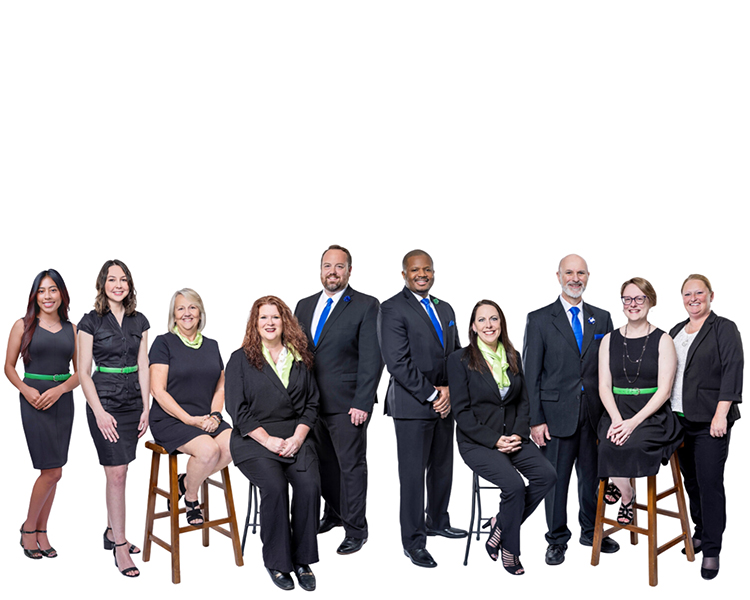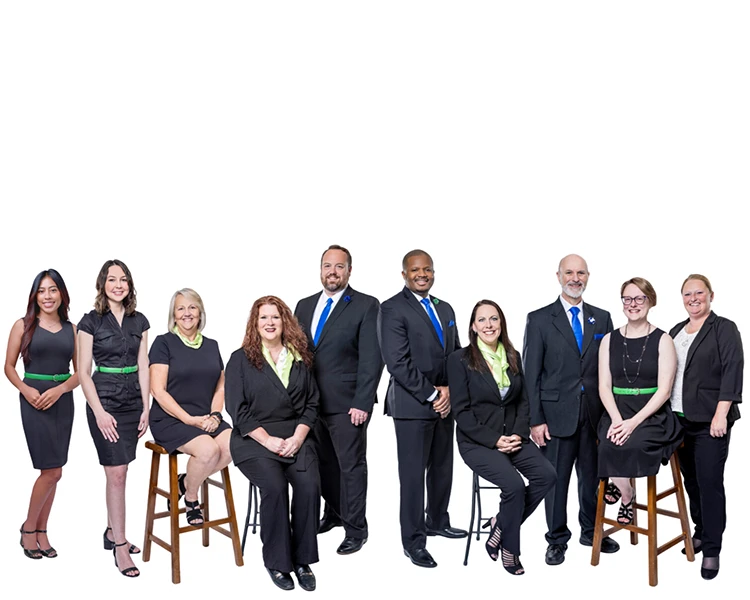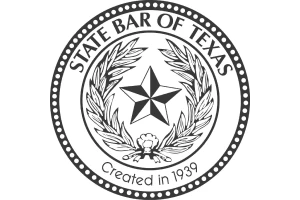- Contact Us Now: 615-510-4000 Tap Here to Call Us
Tackling tennessee’s online sales tax: the good, the bad, and the uncertain
The bad news is, when it comes to tax law, it’s rarely simple to sort through and it’s frequently a daunting task to comply. This ruling is no exception.
THE BASICS OF THE RULING
On July 21, 2018, the US Supreme Court ruled in South Dakota v Wayfair that states can collect online sales tax from out-of-state companies even if the company does not have a physical location in the state. This decision overturned the old rule that required a company to have a “physical presence” (brick-and-mortar store) in the state before being subject to sales tax collection.
Now, for example, retailers who are leveraging increasingly popular online platforms such as Instagram, Facebook or even their own dot coms to boosts sales across state lines may be required to collect sales tax from its customers and remit it to the state in which the sale was made.
PRO
The small business owner can applaud this US Supreme Court decision because now online retail giants such as Amazon and Wayfair will be forced to tweak their business models and start collecting sales tax. Theoretically, this could weaken the giants’ competitive advantage that they have enjoyed by previously offering the customer lower-priced (tax-free) goods.
CON
However, the small business owner now will be forced to spend significant efforts on being compliant from a sales tax perspective in every respective state in which it does business (which could be up to 10,000 tax jurisdictions!) That alone is terribly daunting and could be a headache for any small business that’s not set-up to take on such a task. On the contrary, companies such as Amazon and Wayfair are much better equipped with countless accountants and administrative personnel to easily tackle the job.

















